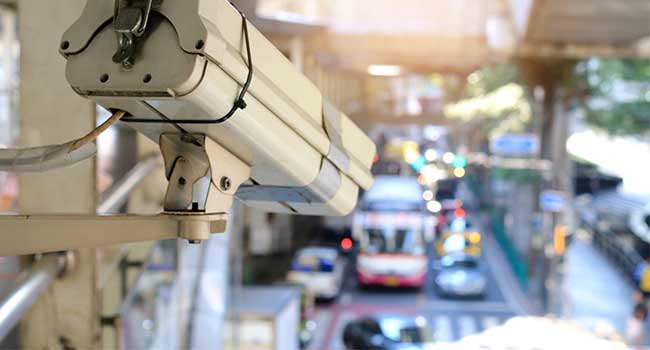
Regulation of Police Technology Creates Frustration
The city council is weighing a measure that would give the panel final say over all surveillance efforts in Hartford.
- By Sydny Shepard
- Nov 16, 2018
A city council proposal to more closely monitor new law enforcement surveillance technology is creating frustrations in Hartford, Conn. With police planning to deploy drones throughout neighborhoods, the council wants a say over what equipment, monitoring and data retention officers use.
Under a proposal that the American Civil Liberties Union helped draft, city agencies would need permission for all current and new methods of surveillance, including unmanned aerial devices, license plate readers, body cameras, video and audio recording systems, facial and voice recognition software and gunshot detection hardware.
"This ordinance, as currently presented, would significantly slow our progress utilizing new technology to enhance public safety," Hartford Police Chief David Rosado told the Hartford Courant. "We have and will will continue to work with city council members and other stakeholders as we try to come to a consensus on how to best move forward."
In order to comply with the proposal, the agencies would have to submit reports highlighting the technologies' impact and must disclose policies governing their use. This has created much frustration with law enfacement due to the amount of surveillance programs run by police.
Police officials estimate there were at least 30 programs, some with hundreds of individual pieces. More than 900 cameras have been strategically placed throughout the city, and authorities are in the process of adding another 210. Two drones have been ordered and 325 officers will wear body cameras beginning in 2019.
The council measures require police to seek approval for all existing programs within 120 days. Council members then have 180 days to make a decision and if no decision is made, police must halt the use of the technology.
Proponents of the council's measures say it is meant to boost transparency and encourage public input. While both police and fire departments have come up with policies governing the use of technology, council members said they want residents to offer feedback.
"We're talking about community policing and community input," Council Minority Leader Wildaliz Bermudez said. "This is a good way to be able to have those conversations that are needed."
About the Author
Sydny Shepard is the Executive Editor of Campus Security & Life Safety.